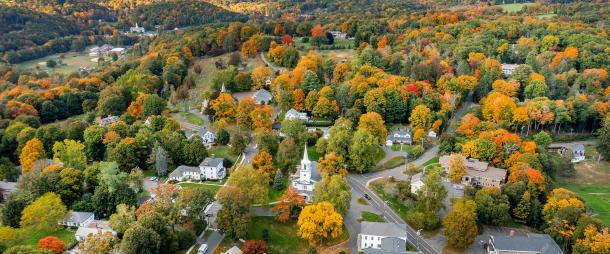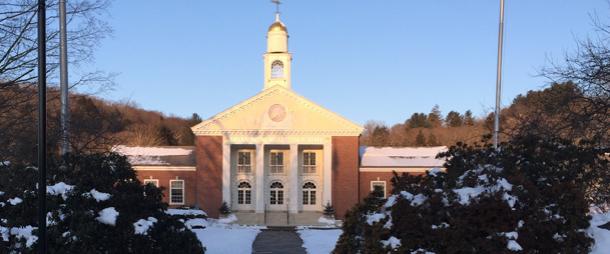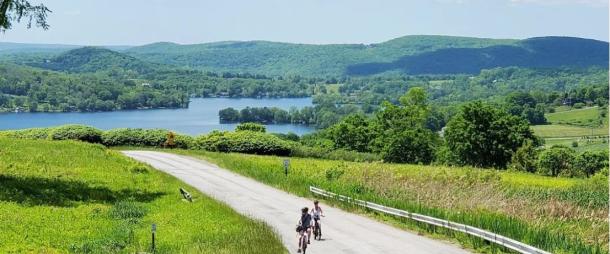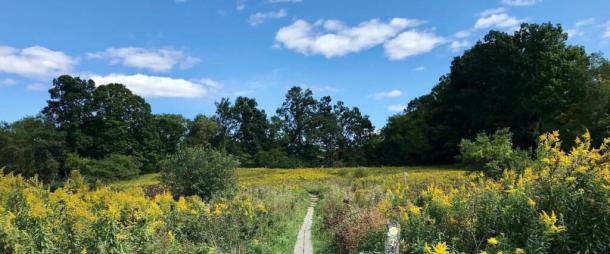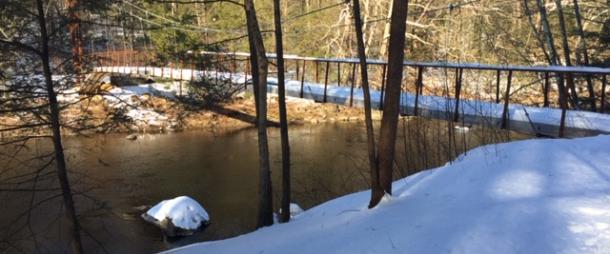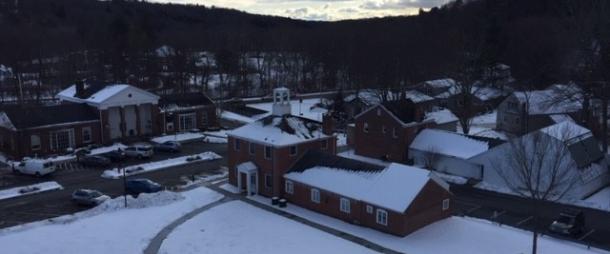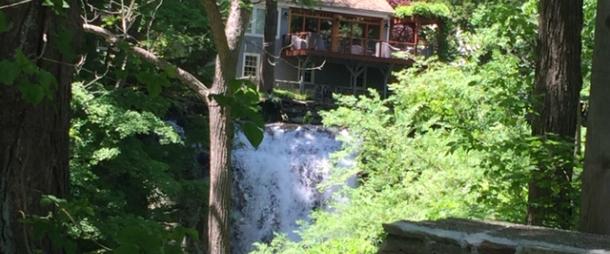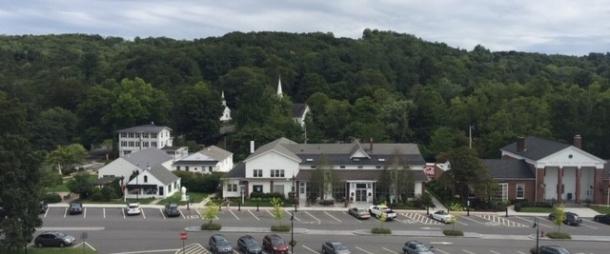Did You Know? - Zoning Information
- New fences and walls require zoning permits. There are three reasons a zoning permit is required:
- to make sure the fence is on your property and not on adjoining property or in the state or town right of way,
- to check the height of the fence because fences and walls over 8 feet tall must meet the setback requirements for buildings, and
- the Town Sanitarian will ensure there will be no disturbance to your septic system.
- Tag sales require zoning permits. A tag sale permit is very easy to obtain and only costs $5. The reason for the permit is that only two tag sales per year are permitted per residential property.
- A first cut requires a zoning permit. Other towns may permit first cut maps to be filed on the Land Records without a permit, but in Washington we have soil based zoning. This makes the determination of the minimum permitted lot size a complicated process and so the proposed lot must be reviewed and approved by the Zoning Commission.
- Washington has soil based zoning. Minimum lot size depends on the soil type and amount of each soil type on the property. Please see Section 11 of the Zoning Regulations for details.
- Washington has no limit on the number of animals permitted per acre as many other towns do. Most of Washington is the R-1, Farming-Residential District and animals and livestock (with certain limitations for poultry and pigs) are permitted. Common sense should dictate how many animals may be properly cared for on a property. However, the Health Department has the authority to intervene in the event of a health hazard. Also, manure may not be stored within 250 feet of the nearest neighboring dwelling, within 300 feet of a watercourse, or on sloping land, which may drain into another property or into a wetland or watercourse.
- The Washington Zoning Commission considers all accessory structures to be permanent. If the salesman tells you it is a temporary structure and so does not require a permit, he is wrong. It could temporarily be there for twenty years and so we ensure it will meet all setback, coverage, and height requirements.
- Plastic and canvas hoop storage "buildings" require both a Zoning permit and a Building permit, contrary to what the salesman may have told you. First, they are not considered temporary. The Zoning Commission treats all structures as permanent and the Building Department may only consider a structure to be temporary if it will be up for less than 180 days. Secondly, these structures must meet the zoning setbacks for the districts in which they are located and any Inland Wetlands requirements that may be applicable. Third, State of Connecticut Building Code requirements must be met. Save yourself the trouble of having to move your hoop building once the Land Use Department discovers it. Come in for the required permits before you put it up.
- Noise generating mechanical equipment such as generators, air conditioners, and pool filters and the structures that enclose them require zoning permits. In addition to complying with the setback requirements, generators, air conditioners, etc. must be installed within 25 feet of the structure principally served and pool filters must be installed within 50 feet of the pool served.
- Setbacks: The setbacks for a frontage lot are: front yard 50 ft. (from the boundary line, not the edge of the road), side and rear yards 25 ft. Setbacks for interior lots are: front yard 75 ft. (from the boundary line, not the edge of the road), side and rear yards 50 ft.

